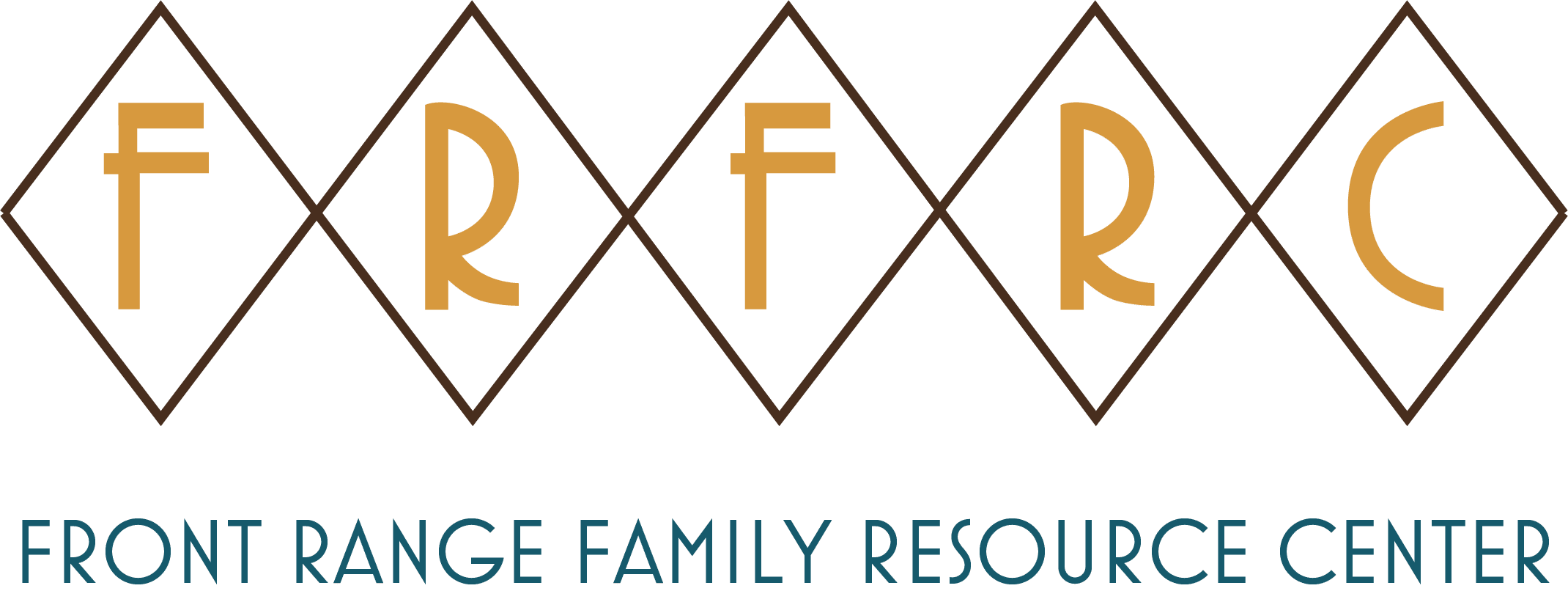Tolerating Dysfunction: How Staying in a Dysfunctional Relationship Can Have Long-Term Damages
Dysfunctional realtionships destroy more than just the relationship. In every relationship, challenges arise. It’s normal to experience disagreements, misunderstandings, and periods of tension. However, when dysfunction becomes the norm rather than the exception, the impact on both individuals and the relationship as a whole can be deeply damaging, with long-lasting effects that may linger even after the relationship has ended. The Gottmans, renowned researchers in the field of relationship dynamics, have identified what they call the “Four Horsemen of the Apocalypse”—specific behaviors that, when present, can signal the breakdown of a relationship. Understanding these behaviors and the risks of staying in a dysfunctional relationship is crucial for anyone facing these challenges.
The Four Horsemen: A Closer Look
The Gottmans’ Four Horsemen refer to four negative communication patterns that are particularly destructive:
- Criticism: Unlike a complaint, which focuses on a specific issue, criticism is an attack on a partner’s character or personality. For example, saying “You never think about anyone but yourself” is a criticism that undermines the very foundation of respect and appreciation in a relationship. Over time, criticism erodes self-esteem and fosters resentment, making it difficult to maintain a healthy connection.
- Contempt: Contempt is the most damaging of the Four Horsemen. It involves mocking, ridiculing, or speaking to a partner with an air of superiority. This can include name-calling, eye-rolling, or hostile humor. Contempt not only harms the recipient but also breeds an environment of bitterness and anger, making any positive communication nearly impossible.
- Defensiveness: When faced with criticism or contempt, it’s common to become defensive. Defensiveness is a way of protecting oneself, but it often involves denying responsibility and shifting blame. This response only escalates conflicts, creating a cycle of negativity that is hard to break. It prevents meaningful dialogue and resolution, leaving issues unresolved.
- Stonewalling: Stonewalling occurs when one partner shuts down and withdraws from the interaction. This can happen when someone feels overwhelmed or emotionally flooded. While it may seem like a way to avoid conflict, stonewalling creates distance and signals disinterest in the relationship. Over time, this emotional withdrawal can lead to a complete breakdown in communication.
The Long-Term Consequences of Tolerating Dysfunction
Staying in a relationship where the Four Horsemen are present can have severe long-term consequences. Here are some of the ways in which tolerating dysfunction can impact your life:
- Emotional Damage: Constant exposure to criticism, contempt, defensiveness, and stonewalling can take a significant toll on your emotional well-being. It can lead to chronic stress, anxiety, and depression, making it difficult to find joy in other areas of life.
- Erosion of Self-Worth: Dysfunctional relationships often cause individuals to doubt their own value and worth. Over time, the negative messages received from a partner can become internalized, leading to a diminished sense of self-esteem and self-respect.
- Physical Health Issues: The stress and emotional turmoil of a dysfunctional relationship can manifest in physical health problems. Chronic stress is linked to issues such as heart disease, high blood pressure, and a weakened immune system. The body and mind are deeply connected, and the impact of relational dysfunction is felt on both levels.
- Impact on Future Relationships: The scars left by a dysfunctional relationship can carry over into future relationships. The patterns learned and the wounds sustained may make it difficult to trust and connect with new partners. Without addressing the underlying issues, there is a risk of repeating the same dysfunctional dynamics in future relationships.
- Effect on Children: If children are involved, they are often the silent sufferers in a dysfunctional relationship. They learn about relationships from observing their parents, and exposure to constant conflict can shape their own future relationships. Children who grow up in dysfunctional homes are more likely to struggle with their own emotional and relational health as they grow older.

Breaking Free from Dysfunction
Recognizing the signs of dysfunction is the first step toward breaking free from its damaging effects. It’s important to understand that you don’t have to tolerate a relationship where the Four Horsemen are present. Seeking professional help, such as couples therapy or individual counseling, can provide the tools needed to address these destructive patterns. In some cases, the healthiest choice may be to leave the relationship altogether, allowing both individuals to heal and grow.
The long-term health and well-being of both partners—and any children involved—should always take precedence. No one deserves to live in a state of perpetual conflict, resentment, and emotional pain. By addressing dysfunction early and making the necessary changes, it’s possible to create healthier, more fulfilling relationships that nurture and support each individual.
Meta Description: Learn about the long-term damages of staying in a dysfunctional relationship, including emotional, physical, and relational impacts, and how the Gottmans’ Four Horsemen can signal a relationship’s breakdown.
Key Phrase: Dysfunctional relationships
Contact us if you want help in understanding how to end dysfunctional relationships.
